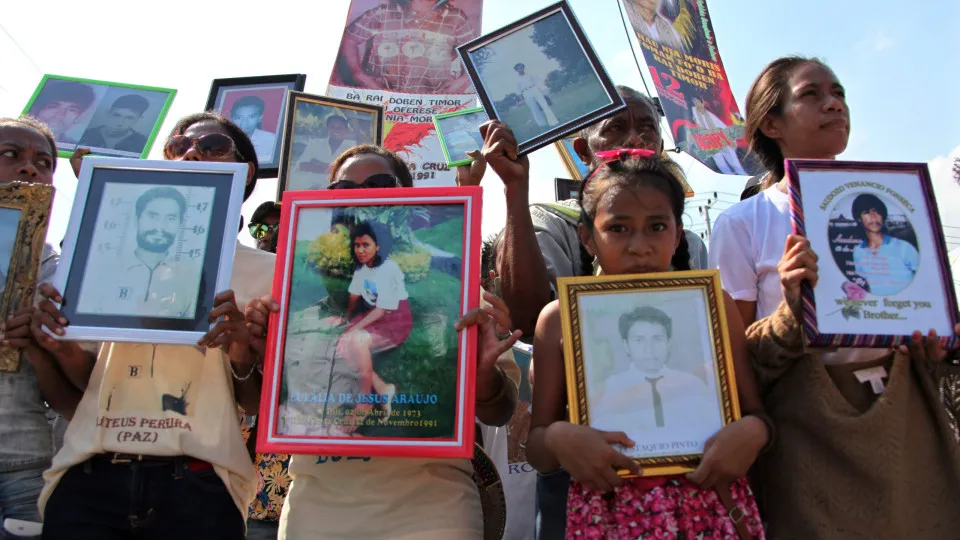
“The immigrant in Portugal (in ‘Manga d’Terra’), the Portuguese emigrant abroad (in ‘On Falling’); the traveler of the ‘Grand Tour’; the one who, in ‘Légua’, remains in a rural world and a mentality on the brink of extinction; the one who hesitates between staying and leaving (in ‘Hanami’), the one who fights for her land and cultural defense (in ‘A Flor do Buriti’); the one who battles for her gender identity and also questions how this issue is evaluated,” describes Helena Araújo.
The president of the 2314 Association, which organizes the annual festival, highlights the absolute predominance of fiction over documentary in this edition.
“Interestingly, the only documentary we present, ‘Mulheres do Meu País’ by Raquel Freire, could almost be seen as a synthesis of this year’s edition. The film comes to us as the 21st-century response to the work of Maria Lamas, presenting us with 14 very different and deeply captivating Portuguese women in their way of life,” she notes.
In addition to these films, ‘Banzo’, which is in the running for the Oscars, will also be screened. ‘O Bêbado’ is the first Portuguese thriller in this exhibition.
This year, the major novelty will be an extra session in honor of José Cardoso Pires, on his centenary.
“We will screen ‘Sombras Brancas’, a film that thematizes the stroke that robbed the writer of his command of words. This session will have significant added value: his daughter Ana and his partner of 44 years of marriage, Edite Pereira, will be present to talk with the Berlin audience,” points out Helena Araújo in statements to Lusa.
The greatest challenge, confesses the president of 2314, which promotes Portuguese culture in Germany, is far from being a complaint: the quantity of excellent films they had to select from.
“Last year, we celebrated the 50th anniversary of April 25 with films related to that theme, and we postponed all other themes to this year. A large number of films accumulated, and it was difficult to choose among so many and so good. I suspect this difficulty will accompany us in the coming years, because alongside the already established authors, a new generation of very dynamic directors is emerging,” she stresses.
The festival returns to the Moviemento cinema, the oldest in Germany.
“It was going to be evicted due to large-scale real estate deals, and it created such a great solidarity dynamic that it managed to gather enough capital to buy the space, thus no longer being at the mercy of such surprises. Therefore, this is not just any cinema, it’s a cinema where one wants to stay forever,” shares Helena Araújo.
The organizer of this showcase of Portuguese cinema recalls that it is only possible thanks to the voluntary work of several people. Strengthening the team and financing are some of the goals for the future.
“What I really wish is that each person who reads this news would take the time to pass the information to a family member, a friend, or a neighbor who has a child or a cousin living in Berlin, in hopes of finally reaching all the Portuguese who live here,” she asks.
“I deeply believe in the six degrees of separation theory, and I am sure that a small gesture repeated by many can eventually reach all the Portuguese living in Berlin and all Berliners interested in Portuguese cinema,” highlights Helena Araújo, adding that after each film, with English subtitles, there is room for conversation and a toast with Port wine.




